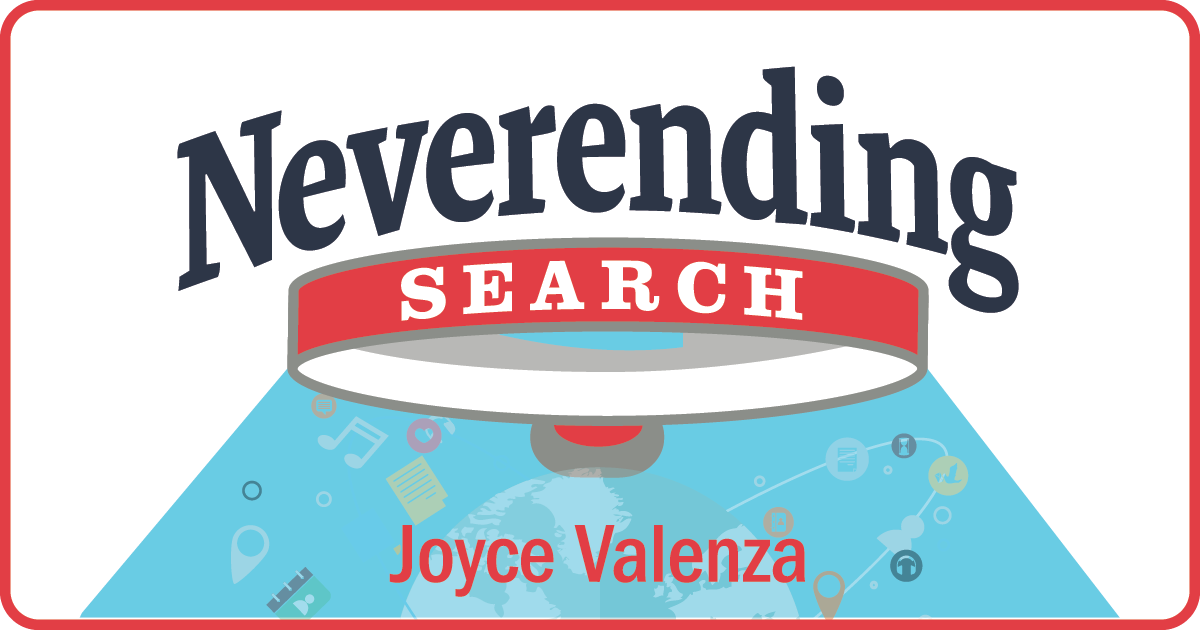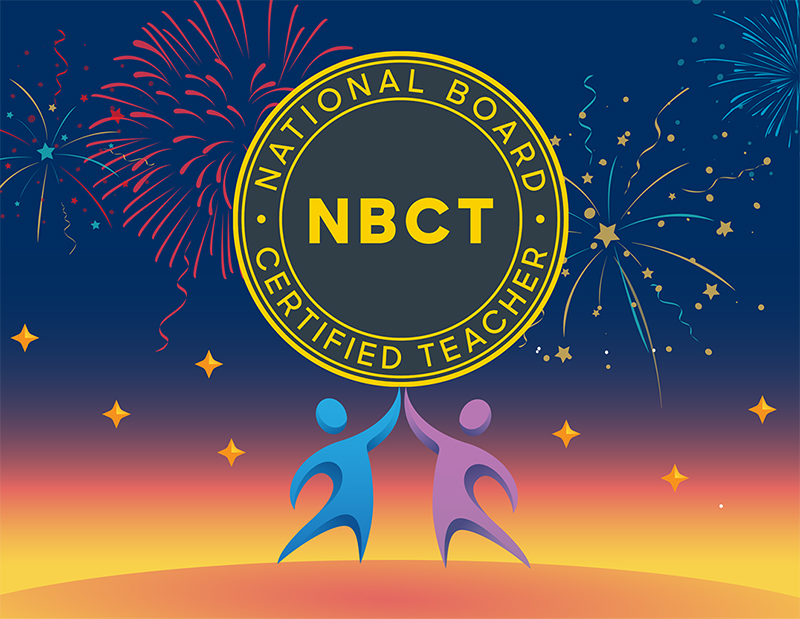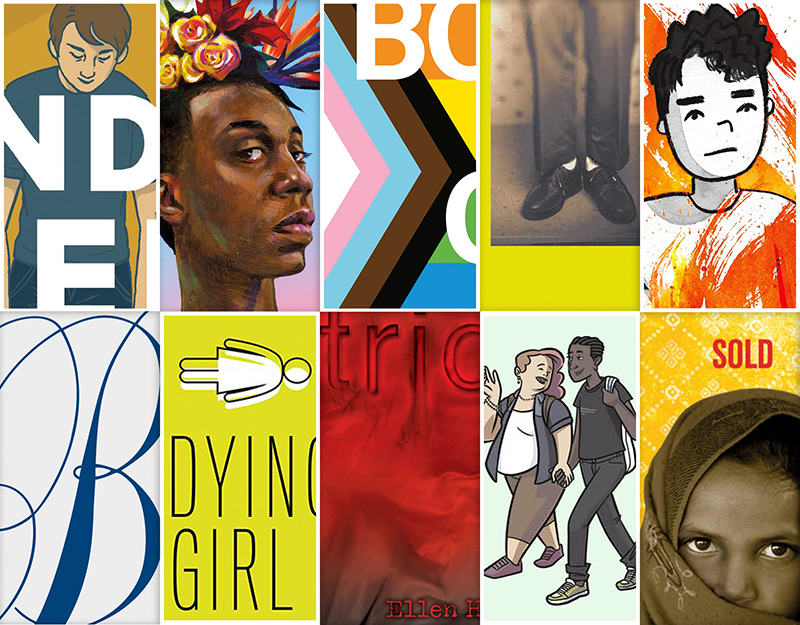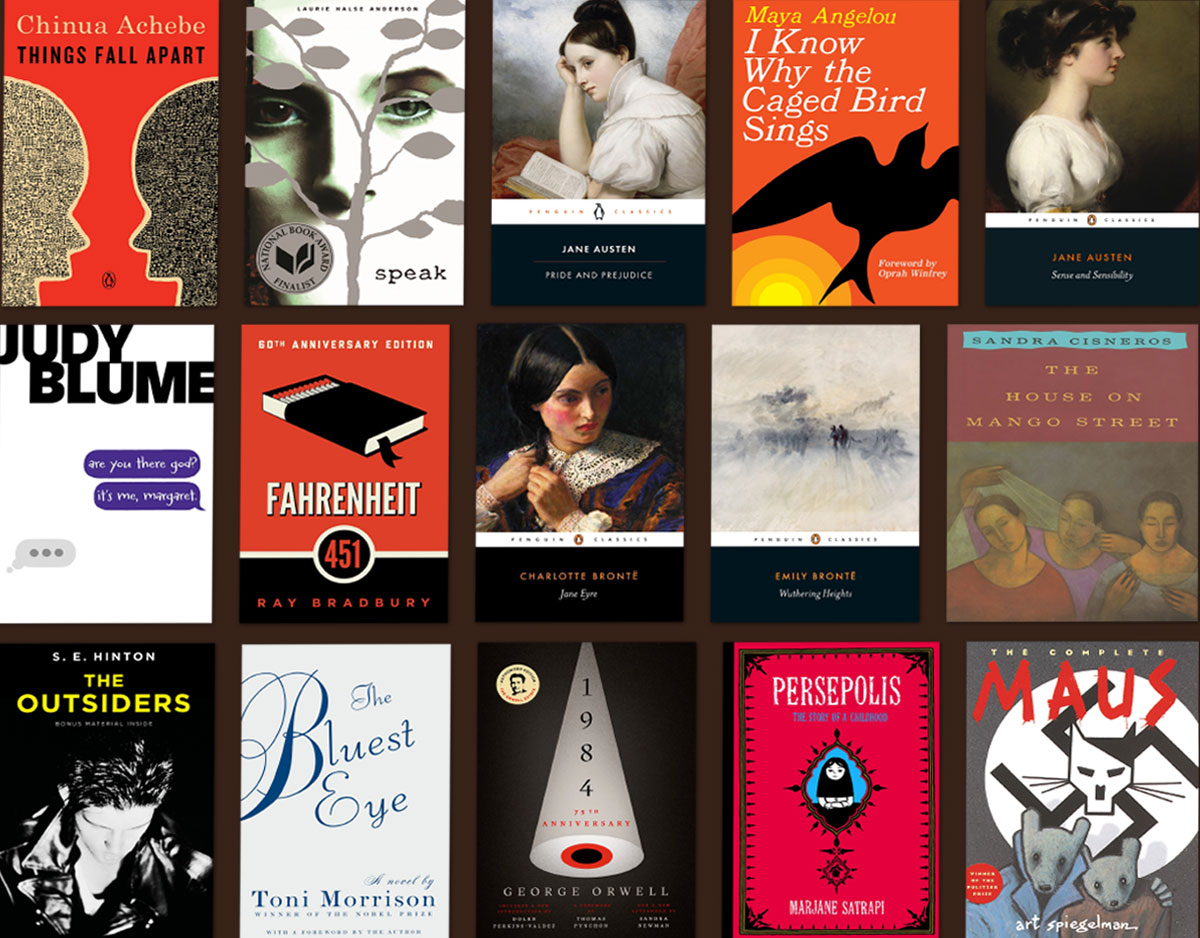SCROLL DOWN TO READ THE POST
Library of Congress Rules YouTube Remixes are Legal!
In addition to declaring it legal for iPhone users to jailbreak their mobile devices, earlier this week, on July 26th, the United States Copyright Office also ruled that it is NOT a violation of Digital Millennium Copyright Act (DMCA) for remixers to use copyrighted video excerpts from DVDs for the purpose of criticism or comment.
Motion pictures on DVDs that are lawfully made and acquired and that are protected by the Content Scrambling System when circumvention is accomplished solely in order to accomplish the incorporation of short portions of motion pictures into new works for the purpose of criticism or comment, and where the person engaging in circumvention believes and has reasonable grounds for believing that circumvention is necessary to fulfill the purpose of the use in the following instances:
(i) Educational uses by college and university professors and by college and university film and media studies students;
(ii) Documentary filmmaking;
(iii) Noncommercial videos.
An Electronic Freedom Foundation blog post announced the victory for content creators:
EFF also won a groundbreaking new protection for video remix artists currently thriving on Internet sites like YouTube. The new rule holds that amateur creators do not violate the DMCA when they use short excerpts from DVDs in order to create new, noncommercial works for purposes of criticism or comment if they believe that circumvention is necessary to fulfill that purpose. Hollywood has historically taken the view that “ripping” DVDs is always a violation of the DMCA, no matter the purpose.
Noncommercial videos are a powerful art form online, and many use short clips from popular movies. Finally the creative people that make those videos won’t have to worry that they are breaking the law in the process, even though their works are clearly fair uses. That benefits everyone — from the artists themselves to those of us who enjoy watching the amazing works they create.
In her blog post for American University’s Center for Social Media, Patricia Aufderheide explains the history of the ruling, celebrates it as another victory for common sense and fair use, and shares its impact on education:
ADVERTISEMENT
ADVERTISEMENT
Now, college teachers of all kinds, university film and media studies students, documentary filmmakers, and makers of noncommercial videos can all break encryption on commercial DVDs to quote motion pictures, for the purpose of criticism and comment.
The ruling adds a little more power to the Code of Best Practices in Fair Use for Media Literacy Education and gives teachers and their students a little more encouragement to flex the fair use muscle.
Need even more muscle?
Use this tool by Renee Hobbs and Kristin Hokanson to help students reason and document the fair use decision-making process.
American University offers a wealth of resources to support flexing our fair use muscle on its Recut, Reframe, Recycle site. Don’t miss the list of video examples and this video explanation of the new forms of creativity remixing makes possible.
And don’t forget that YouTube take-downs can be challenged. This Know Your Meme video, mentioned in a previous post, explains how.
Filed under: copyright, digital citizenship, digital storytelling, fair use
About Joyce Valenza
Joyce is an Assistant Professor of Teaching at Rutgers University School of Information and Communication, a technology writer, speaker, blogger and learner. Follow her on Twitter: @joycevalenza
ADVERTISEMENT
SLJ Blog Network
Name That LEGO Book Cover! (#53)
Cover Reveal and Q&A: The One and Only Googoosh with Azadeh Westergaard
K is in Trouble | Review
A Reading Community: A Love Letter to Local Independent Bookstores, a guest post by Heather Del Piano
The Classroom Bookshelf is Moving
ADVERTISEMENT
ADVERTISEMENT







